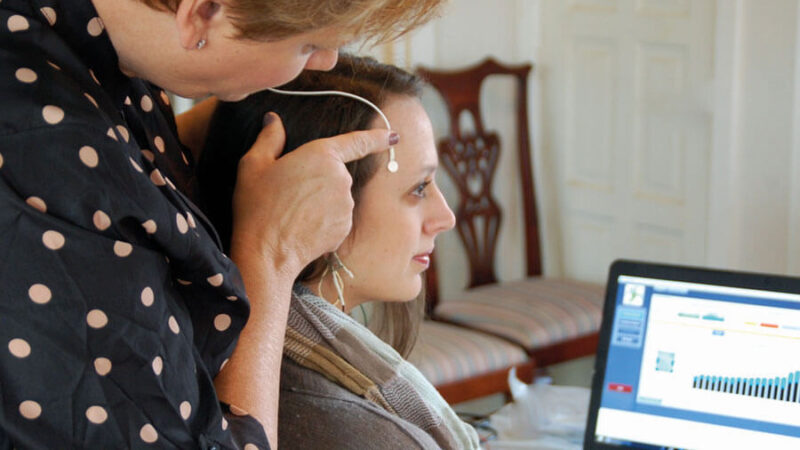Common Symptoms After Heart Surgery
Once you have had heart surgery, getting back to your normal routine would take some time. Your body’s system might have slowed down due to the surgery, and it might have been impacted due to medications and fewer activities.
Because of this, you might be feeling tired, anxious, and depressed and coping with them would need a lot of psychological energy. Remember that heart surgery is major surgery and you would need some time to recover fully and get back to your usual schedule.
In this article, we are going to talk about some common symptoms that might occur after surgery. The heart surgery might have taken place due to mitral stenosis or any other reason, but the following symptoms are the standard ones:
- You might feel that your breast bones are clicking or rubbing against one another, with your movement or breathing. This would completely heal, once you have fully recovered.
- You might notice swelling or a lump that looks like a knot on the top of your chest incision. This would go away within six or eight weeks.
- Doctors often suggest heart surgery for mitral stenosis, post which patients might experience aches between their shoulder blades, in the back of their neck, over the ribs or at the site of the incision. This pain would last for a few weeks and would get better with time.
- You might also feel a tingling or numb sensation in your elbow or finger region due to the way your arm was placed during the surgery.
- Swelled up legs are yet another common symptom which lasts for a few months. You should keep your legs up above the level of the heart, even while sitting or sleeping. This would help to solve your problem.
- Your voice might feel weak or hoarse due to the presence of a breathing tube, which was placed at the time of the surgery. This would improve in a few months as you recover.
- Constipation is also a common problem after the surgery, but that can be controlled with some laxatives or diet changes. Incorporating fibrous food along with fresh fruits and vegetables is important to regulate your bowel movements.
- Lack of exercise, movements, pain, discomfort, stress, etc., can disrupt your sleep cycle. Try and understand the problems behind your sleep deprivation, and talk to your doctors accordingly.
- Numbness and soreness on the sides of your chest is also a common problem which would go away with recovery.
No matter what issues you are facing, you must contact your doctor and follow their advice. Stick to the diet plan they have given for a few days and do not overload yourself with physical work. Try to relax, let go of your stress, and look after your diet and sleep cycle for a better and faster recovery.





